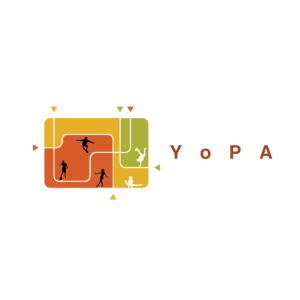 \
&
Contact us
\
&
Contact us
 \
&
Contact us
\
&
Contact us
Published on | 6 months ago
Programmes ERCThe results of the 2024 European Research Council (ERC) Advancd Grant call (call deadline 29 August 2024) were published. Advanced Grants are open to active researchers who have a track-record of significant research achievements. The Principal Investigators (PIs) should be exceptional leaders in terms of originality and significance of their research contributions.
Proposals are evaluated in 28 evaluation panels in three research domains (Physical Sciences and Engineering, Social Sciences and Humanities and Life Sciences) composed of top scientists and scholars coming from all over the world and in addition by remote referees with necessary specialised expertise (usually two to five per proposal).
Of the 2534 submitted proposals 281 researchers with 32 different nationalities received an ERC Advanced Grant: 83 In Life Sciences, 118 in Physical Sciences and Engineering and 80 in Social Sciences and Humanities. Beside the list of selected researchers in the ERCEA news articles more background on the evaluation results, call statistics, and several project examples are highlighted.
However the statistics and list of successful candidates for this call are provisional since it is expected that Switzerland will only be formally associated to Horizon Europe in 2025. The scope of the association agreement does not cover award procedures implementing the 2024 budget. No grant agreements will therefore be signed with host institutions established in Switzerland under the 2024 Advanced Grant call. Switzerland-based applicants may only receive EU funding if they transfer their proposed project to an eligible host institution.
Among the 281 selected researchers are fifteen based at Flemish host institutions. The projects of these fifteen Principal Investigators (PIs) are presented in the news articles of Universiteit Antwerpen, Universiteit Gent, KU Leuven and VIB.
We offer news and event updates, covering all domains and topics of Horizon Europe, Digital Europe & EDF (and occasionally, for ongoing projects, Horizon 2020).
Stay informed about what matters to you.
By signing up, you can opt in for e-mail notifications and get access to
a personalised dashboard that groups all news updates and event announcements in your domain(s).
Only for stakeholders located in Flanders

The YoPA project, ‘a youth-centred preventive action approach towards co-created implementation of socially and physically activating environmental interventions’ obtained funding from Horizon Europe’s Health Cluster. The project addresses the multifaceted challenges of physical inactivity and health inequalities through a unique participatory approach. The project places teenagers between 12 and 18 years old in vulnerable situations at the forefront of the intervention process. The Institute of Tropical Medicine is a partner in the project and will conduct a Realist Evaluation to understand how youth co-creation contributes to improved adolescent health and well-being in four cities in Denmark, Netherlands, Nigeria and South Africa. By integrating its results and sharing its approach in an open access Toolbox, ITM aims to contribute to fostering sustainable, youth-led solutions for healthier urban environments.